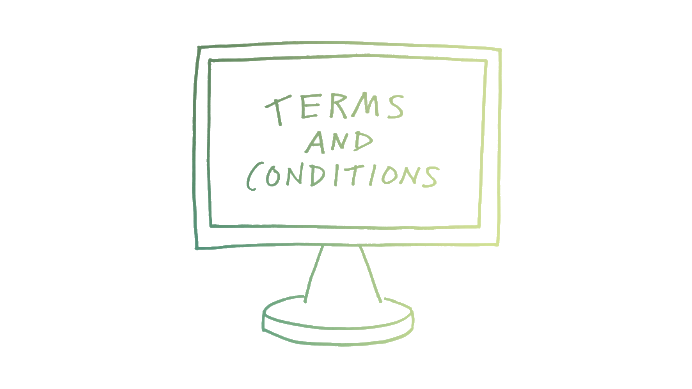
Plaintiff sued defendant Urban Outfitters under California law over the way that the retailer routed messages sent using the company’s website. Defendant moved to compel arbitration, arguing that the terms and conditions on defendant’s website required plaintiff to submit to arbitration instead of going to court. The court denied the motion.
The key issue in the case was whether plaintiff, by completing her purchases on defendant’s website, was sufficiently notified of and thus agreed to the arbitration agreement embedded via hyperlinks on the checkout page. Defendant maintained that the language and placement of the hyperlinks on the order page were adequate to inform plaintiff of the arbitration terms, which she implicitly agreed to by finalizing her purchases. Plaintiff argued that the hyperlinks were not conspicuous enough to alert her to the arbitration terms, thus negating her consent to them.
The court looked at the nature of the online agreement and whether plaintiff had adequate notice of the arbitration agreement, thereby consenting to its terms. The court’s discussion touched upon the differences between “clickwrap” and “browsewrap” agreements, emphasizing that the latter, which defendant’s website purportedly used, often fails to meet the threshold for constructive notice due to the lack of explicit acknowledgment required from the user.
The court examined the specifics of what constitutes sufficient notice, pointing out that for a user to be on inquiry notice, the terms must be presented in a way that a reasonable person would notice and understand that their actions (such as clicking a button) indicate agreement to those terms. The court found that defendant’s method of presenting the arbitration terms – through hyperlinks in small, grey font that were not sufficiently set apart from surrounding text – did not meet this standard.
Rocha v. Urban Outfitters, 2024 WL 393486 (N.D. Cal., February 1, 2024)
See also:

